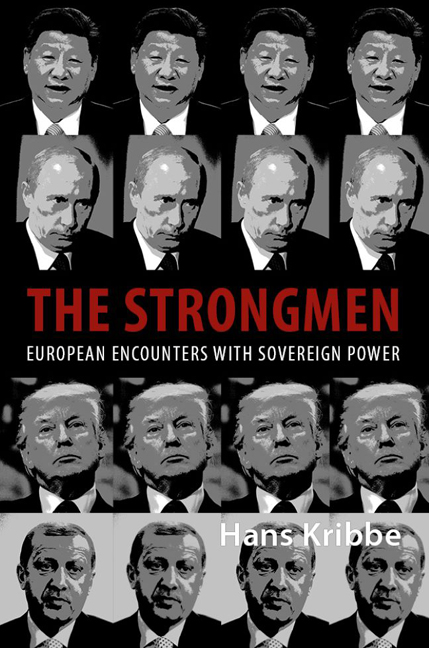Summary
During the Cold War there was an accepted vocabulary between the sides. There was a game, there was an accepted game. Now the danger is there is no order. There is no accepted language. We are not talking the same language.
European diplomat, anonymously, in The Guardian, 24 October 2016Call it a prism or a language, an ethos or a narrative, or simply a game, but the strongman believes the world is organized around sovereign power, structured not by rules but by his freedom and ability to act without those rules. He sees order emerge out of dynamism and action, the nurturing of ties of homage and fealty, the projection of strength, and the ethos of the duel. His language of power is based on a loosely cohering set of analytical and normative judgements that highlight the importance of states, borders, spheres of influence, personal diplomacy and rivalry, as well as informal but universal codes of respect and equality that enable deal making with political rivals.
It is a prism that contrasts sharply with how most Europeans regard political and global order, which for them fundamentally is, or should be, organized not around strength but around the power of institutions that apply the same rules to all, the strong and the weak alike. Europe's language of rules renders the separateness of states far less absolute and less political. It maintains that beyond the strongman's code of respect there are more comprehensive values and standards that determine how states are to behave, including towards their own citizens. International conflict, on this view, is structured less around the spatial distinction between states and more around the distinction between those who abide by the rules and those who don’t.
The difference between these two prisms – the language of power and the language of rules – explains the incompatibility of temperament that exists between Europe and the strongman, and why the encounter between them tends to be grating and fruitless. It is those languages themselves that clash in the encounter. For Europe's leaders the confrontation with the strongman is a confrontation with the immoral and the unsavoury. To negotiate and shake hands with a strongman is a soiling business.
- Type
- Chapter
- Information
- The StrongmenEuropean Encounters with Sovereign Power, pp. 105 - 108Publisher: Agenda PublishingPrint publication year: 2020



